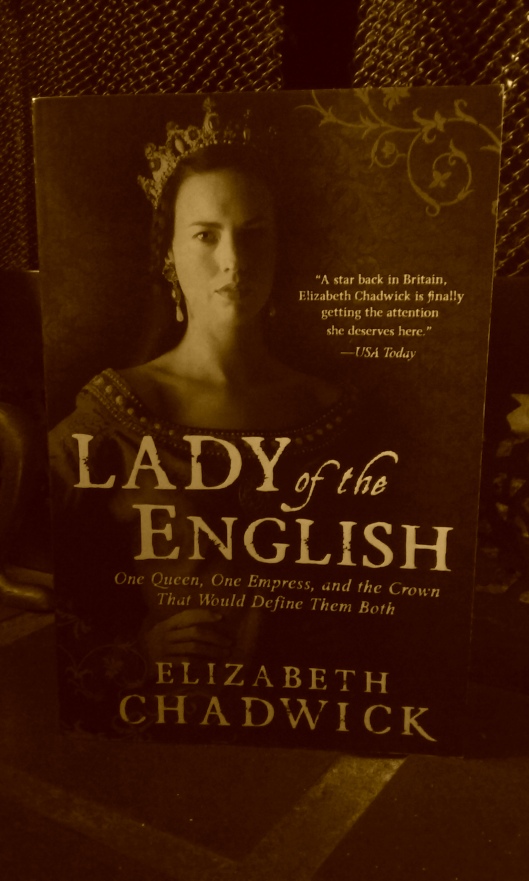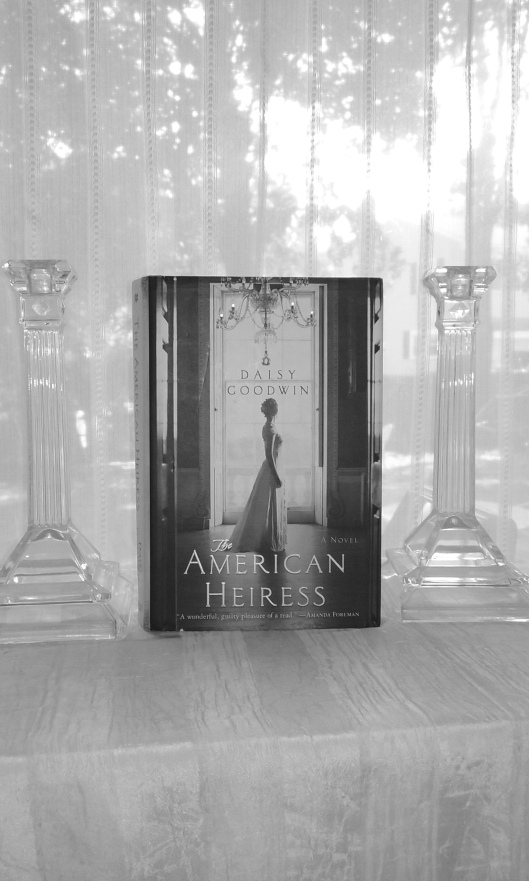 There is no lack of historical research regarding the male personalities that contributed to England’s notorious “War of the Roses”. And while the female characters are frequently mentioned they are generally never regarded as the main characters that dramatically affected the outcome of the Cousin’s War. Allow me to highlight 4 pivotal women and why I believe that they are all a fair match to their male counterparts.
There is no lack of historical research regarding the male personalities that contributed to England’s notorious “War of the Roses”. And while the female characters are frequently mentioned they are generally never regarded as the main characters that dramatically affected the outcome of the Cousin’s War. Allow me to highlight 4 pivotal women and why I believe that they are all a fair match to their male counterparts.
1). Margaret of Anjou (1430-1482) the controversial wife of Henry the 6th is the only woman on non-English decent featured. And I believe her French ancestry was a real hurdle that she could never truly overcome. She embraced England as her adopted homeland. She gave England a male heir (albeit after nearly a decade) and she tirelessly fought for the birthright of her son Edward Prince of Wales.
There have been queens who have done far less to benefit England and yet were also hated significantly less. The fact was her mentally weak husband and her French decent were factors that would always paint Margaret as the villain and scapegoat irregardless of the course that she took. But when Margaret organized an army that attacked Richard Duke of York (the King’s legal heir) at Sandal Castle she started a series of events that all lead to the famous reign of Edward the 4th.
2). Elizabeth Woodville (1437-1492). The consequences of Edward the 4th’s marriage to Elizabeth Woodville has produced a never ending series of hindsight regrets. Many felt that by not marrying a foreign princess Edward missed out on a foreign alliance that would have strengthened war torn England. This was a key element that Elizabeth Woodville could never provide. Furthermore, marriage to a French Princess such as Bona of Savoy would have prevented a very large family of virtual commoners having access to the royal court. The fact could not be ignored that The Woodville family was highly ambitious, sought many royal favors, and quite simply they were a huge irritant to the existing nobles.
And one noble in particular that was dangerous to provoke was Richard Neville Earl of Warwick also known as the “Kingmaker”. It was he who convinced Edward the 4th’s younger brother George Duke of Clarence to join him on his many treasonous revolts until his own life was taken at the Battle of Barnet. One can only assume that Edward the 4th was willing to take all these risks out of true love. But the consequences of his marrying one of his own subjects clearly explains why this not the pattern set by his kingly predecessors.
3). Margaret Beaufort-Tudor (1443-1509) is the only woman featured who was never crowned Queen of England at any point of her life. But only she and her daughter in law gave birth to men who would actually become the King of England. Margaret’s rise to fame was largely due to her immense wealth, smart marriages, and most of all her indomitable spirit. She believed that she could accomplish the unthinkable and place her half English, quarter Welsh, and quarter French son with barely a trickle of maternal royal blood on the throne.
And but for the controversial reign of Richard the 3rd this would have never been possible. Margaret wisely appealed to the one person who would hate the new king as much as she did. Elizabeth Woodville, the dowager Queen of England, whose two sons were allegedly killed by the order of their uncle and King, Richard the 3rd. Margaret had money, and a small but growing army of disgruntled subjects. But she needed one more thing to place her son Henry Tudor on the throne. A brilliant marriage!
4). Elizabeth of York (1466-1503). Even the biggest Tudor fan has to agree that marriage to Elizabeth of York was one of the single most powerful deeds Henry the 7th could have ever done to secure his throne. Being the eldest daughter and child of Edward the 4th meant that Henry the 7th won loyalty from York supporters and subjects loyal to Edward the 4th. Unlike her dynamic mother in law Elizabeth of York influenced the Wars of the Roses to come to their end not by brilliant political maneuvering. She did this by living up to her role as wife of Henry the 7th, and mother to 4 Tudor children who lived to adulthood.
Nevertheless, Elizabeth was loyal to her roles to a fault when she died an early death at only 37 years old trying to produce another Tudor male heir after the sudden death of her eldest son Arthur. But Elizabeth’s quiet role was so influential that many believe that her 2nd son Henry the 8th loved his 3rd wife Jane Seymour most due to her personality being so reminiscent of his beloved mother Elizabeth of York.
The four women feature in the Wars of the Roses ( 2 named Margaret & 2 named Elizabeth) all played a major part in the outcome of these conflicts. A French female consort, a seductive woman of minor nobility, a feisty heiress, and a royal princess all left a major imprint on history. And while none of them fought a single battle history would have never run the same course without them!
(Feel free to comment on this post and follow Countess Chronicles for more!)




 There is no lack of historical research regarding the male personalities that contributed to England’s notorious “War of the Roses”. And while the female characters are frequently mentioned they are generally never regarded as the main characters that dramatically affected the outcome of the Cousin’s War. Allow me to highlight 4 pivotal women and why I believe that they are all a fair match to their male counterparts.
There is no lack of historical research regarding the male personalities that contributed to England’s notorious “War of the Roses”. And while the female characters are frequently mentioned they are generally never regarded as the main characters that dramatically affected the outcome of the Cousin’s War. Allow me to highlight 4 pivotal women and why I believe that they are all a fair match to their male counterparts.